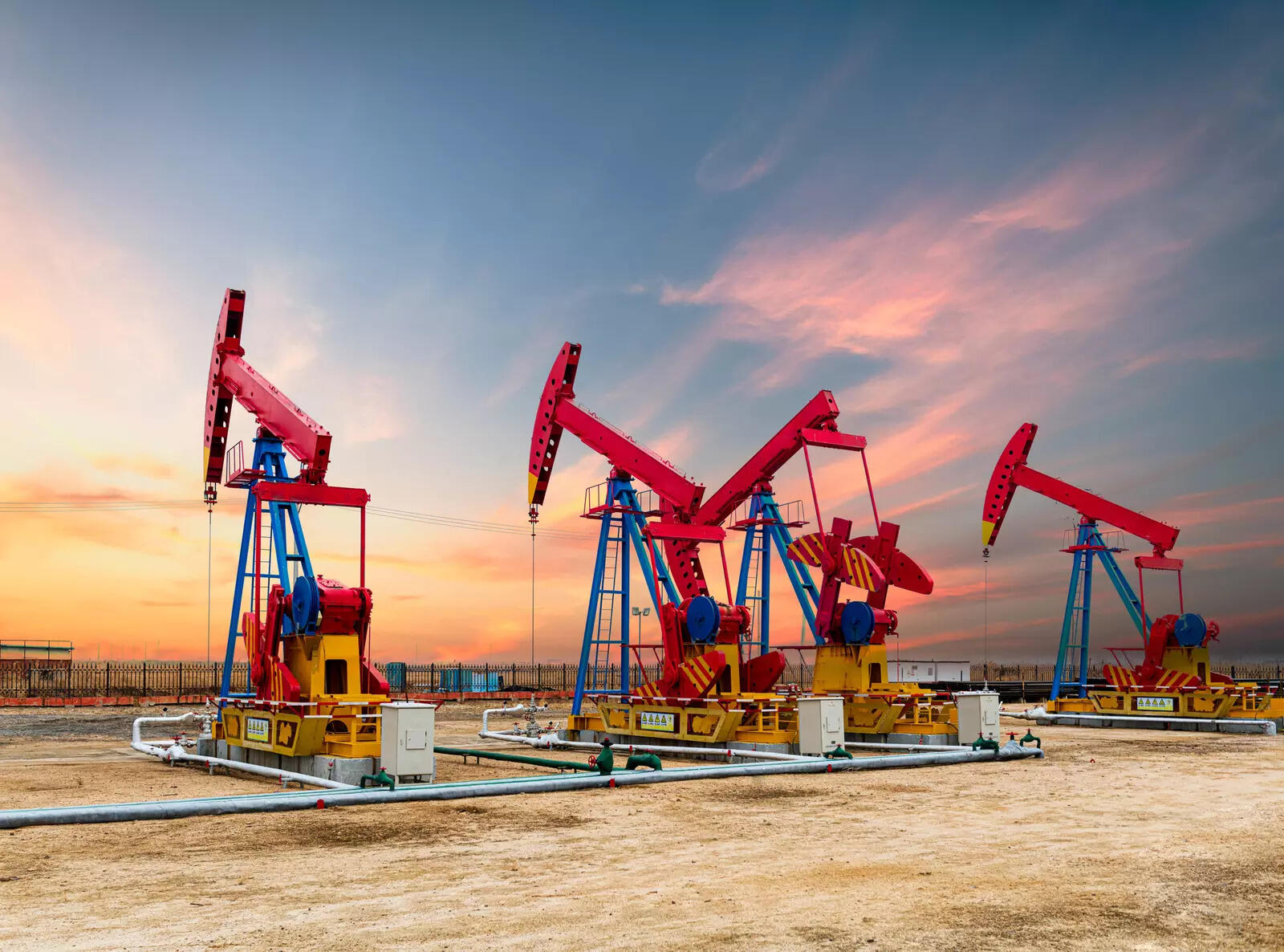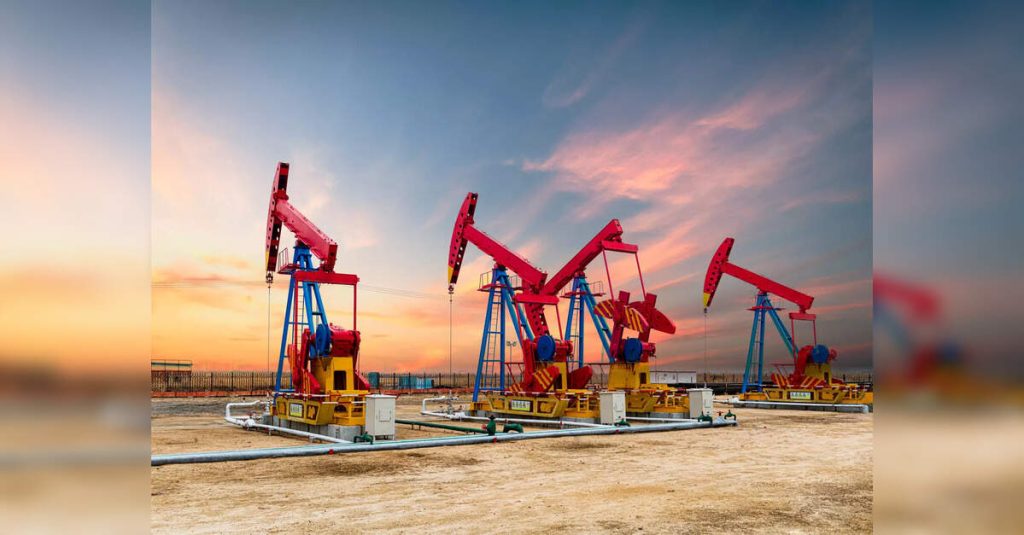
The OPEC+ alliance of oil-producing nations, including Saudi Arabia and Russia, decided on Saturday to increase crude output by 548,000 barrels per day in August, accelerating the unwinding of voluntary production cuts amid signs of a stabilising global economy and firm market fundamentals.
At a virtual meeting, eight members of the 22-nation group, Saudi Arabia, Russia, Iraq, the UAE, Kuwait, Kazakhstan, Algeria, and Oman, agreed to raise supply levels, citing low oil inventories and a steady global economic outlook as key factors for the decision, as per news agency AP.
The production hike marks a faster pace than previous months, when the group approved increases of 411,000 bpd for May, June, and July, and just 138,000 bpd in April. With the August addition, the bloc will have restored nearly 1.92 million bpd of the 2.2 million barrels they initially cut in April under a phased 18-month schedule set to run through late 2026.
According to news agency Reuters, the move comes amid mounting pressure from global consumers and the United States, which has urged producers to increase supply to ease fuel prices. The alliance, which controls about half of the world’s oil output, began cutting production in 2022 to stabilise the market, but has shifted course in 2025 to reclaim market share and respond to rising demand.
The price of Brent crude futures settled at $68.30 per barrel for September delivery, while US West Texas Intermediate crude closed at $66.50 for August contracts. Oil prices had briefly spiked following the recent 12-day conflict between Israel and Iran but have since dropped back, partly due to a US-brokered peace deal that followed American strikes on Iranian nuclear sites.
The OPEC Secretariat, in a statement, reiterated that the August increase was in line with an earlier agreement made in December 2023 to gradually restore the 2.2 million bpd cut. That delay had originally been attributed to weak global demand and rising competition from non-OPEC producers.
According to CNBC, the eight producers involved in Saturday’s meeting are implementing two sets of voluntary cuts alongside the coalition’s broader policy. One, totalling 1.66 million bpd, remains in effect until end-2026, while the second, which initially curbed an additional 2.2 million bpd until March, is now being rolled back in monthly increments.
As per Reuters, tensions within the group have risen recently, as some members such as Kazakhstan and Iraq, exceeded their targets in recent months, prompting internal disagreements.
Kazakh output, in particular, rebounded strongly in June, reaching historic highs.
The UAE, which received approval for an additional 300,000 bpd increase outside the main quota, has also been pushing for a larger share of future production, signalling internal recalibrations as the alliance adjusts to a changing market.
The next meeting of the eight-member sub-group is scheduled for August 3, where further steps in the production schedule may be finalised.


